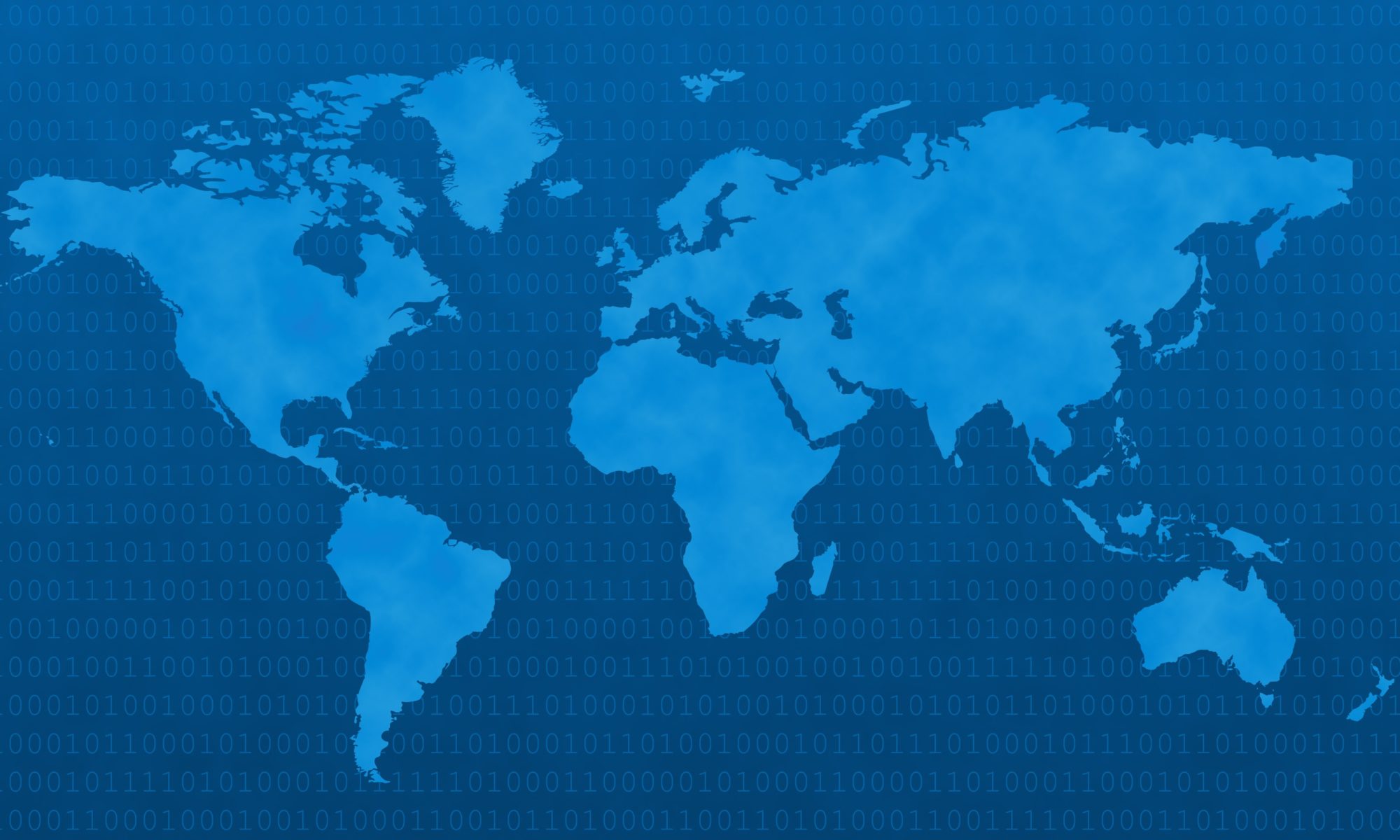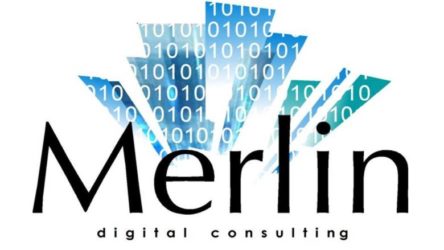I recently attended Connect Media Consulting’s European Digital Insurance Summit in Berkshire, and fascinating it was too (http://www.connectmediaconsulting.com/event)
To kick off, and to get people thinking, I lead one of the ‘Think Tank Challenge’ sessions. Mine focused on the evolution of IoT to enable new services within the insurance space:
With IOT devices becoming more and more functionally rich, easier to install and connect to wifi/internet and also becoming cheaper and cheaper by the day, what new products and services will this enable for insurance companies ?
Here is a summary of our collective findings from the group of experienced industry CXOs and digital innovators:
The natural place to start was to look at some of the array of development opportunities burgeoning IoT devices present to insurers and others, such as tech companies….who are also on a land grab strategy.
It was identified the Connected Home is a key part of this development; whether smart pipes that shut off when there’s a leak, or a device that sends an alert when a kettle has not been boiled for a whole day (in the case of elder care), to freezers that alert to power outages, CCTV functionality, air quality – you name it. There is likely an opportunity to both prevent claims and offer value-added services to retain customers and build ongoing relationships.
These warning/monitoring factors can also be utilised in the commercial space, industry, offshore (leisure/private and commercial), public sector, health/life (fitbits and related) – there’s seemingly no real limit to how much of the physical space we inhabit can be ‘protected’ by devices which are able to communicate via the internet, and report back when something we don’t want to happen starts to happen (or when it looks like something bad might happen).
Recent innovation examples included Roost (water and freeze detectors and intelligent smoke alarm batteries) and Flood Flash (parametric flood insurance).
But it soon became apparent the above is the ‘easy’ bit.
Our discussion proved that it’s very difficult to talk about IoT devices/functionality and the insurance space without immediately getting into some pretty thorny issues, just as the linked questions of culpability, security, ethics and AI rages on and on in the car insurance world.
We found the subject of IoT development and insurance inseparable from commercial/competitive issues, and consideration of the wider insurer ecosystem. Quite quickly this seemingly straightforward question revealed hidden and rather challenging depths!
One of the factors identified for this inherent thorniness is the sheer pace and scale of change. The number of IoT devices increased 31% year-over-year to 8.4 billion in 2017 and it is estimated that there will be 30 billion devices by 2020 – which over time will increasingly be connected by 5G networks offering near real time transfer of large volumes of data. The global market value of IoT is projected to reach $7.1 trillion by 2020 (source, Wikipedia IoTs page).
Our discussion moved on to customer interaction and retention, long an issue for insurers, where insurance is often seen as a grudge purchase with limited trust from the customer, and, claims aside, often the only interaction (the only chance for insurers to differentiate) is at inception and renewal. At both occasions the customer might understandably ‘lack passion’. This is especially the case in the UK where comparison sites are so established, particularly in the domestic/individual sphere.
It seems natural to assume that insurers would very much benefit from interacting with their customers on a much wider and ongoing basis – by providing dynamic, data driven products and services tailored down to an individual level (home, factory, individual etc..). If data is the new gold, then analytics can be the new jewellery that provides timely insights and value added intel to all parties – and at the moment, we are but scratching the surface.
But would insurers benefit? And would they still be insurers? This is question we considered. Why would customers continue to pay for insurance when a whole host of gizmos are monitoring all risks for all likely problems? This is especially the case if such gizmos are, a. cheap to buy, b. easy to fit, and c. not even platform-owned/managed by the insurer in the first place.
So it appeared to the group there might well be as much danger as there is opportunity for insurers. It was agreed that survival and the ability to flourish may boil down to willingness and ability to adapt to and embrace change.
The question was raised – who in the global market are most able and likely to rise to the these challenges and embrace them successfully? The natural answer to this question is quite obvious…and not necessarily in existing insurers’ favour! The tech giants will have little regard to insurers, at best, perhaps only inviting them to act as a back end capacity provider. It was agreed that the development and harnessing of IoT devices is likely to very much change the insurance eco-system, and relatively soon. Forming strategic alliances to bundle more effective value propositions maybe the way forward – but who takes the lead ?
The whole aim of harnessing IoT devices within insurance is to reduce claims, right? We discussed whether reduction of claims was actually beneficial for insurers. In the same way that this might eventually denude an insurer’s relevance, it was mooted that on the way there customers claiming less might reasonably expect much lower premiums. So for IOT, no-one yet really knows the long term ROI question – who pays for the devices in the first place and do they really reduce losses and the cost of claims ? The group felt that this was a lot clearer for commercial insurance, much less so for personal lines.
Should insurance companies therefore seek to ‘own’ the platform relationships with the IoT devices within their customers’ homes, businesses, or even bodies? Or should insurers take more of a collaborative approach with the tech giants (who we agreed are likely to march on in grand scale regardless).
Much of this, by definition, comes down to data, and there the thorny issue we identified above arguably become thornier still. We agreed that even the biggest Facebook fan would probably concede the tech giant recently scored an own goal regarding data retention, data usage, and customer trust.
It was noted that Facebook are currently advertising across a range of mediums, promising to get back to basics and do better regarding user data. It’s extremely relevant in 2018 as GDPR regulations have come into force in Europe. Do insurers want to risk being seen as ‘big brother’?
Of course the IoT is truly global. It was agreed that anyone wishing to ‘own’ any of this digital space will immediately run up against a multiplicity of platforms, standards and regulatory landscapes.
Finally we looked at investment, and risk. It was felt that the landscape is changing with such pace that the traditional approach to investment and ROI might not suffice, or be competitive. The group felt that insurers may be on the verge of an era where a focus on above-all-risk may be supplanted by the requirement to be bold and visionary first. Insurers who continue to hedge their bets risk being solidly left behind. Perhaps the future belongs to those who can experiment, run short POCs and pilots to explore, learn and evolve towards realising their overall business vision.
We agreed that whilst very challenging, it also offers a tremendous opportunity for insurers to redefine their relationship with their customers, create new tailored value propositions, develop meaningful, trusted and ongoing relationships and ultimately, help stop the bad stuff from happening – which is really what everyone wants. This will, however, require insurers to radically change how they approach the problems at hand and how they exploit the opportunities. It was agreed that insurers need digital expertise and guidance, covering all the above factors, more than ever before in this fast changing and very exciting landscape.


